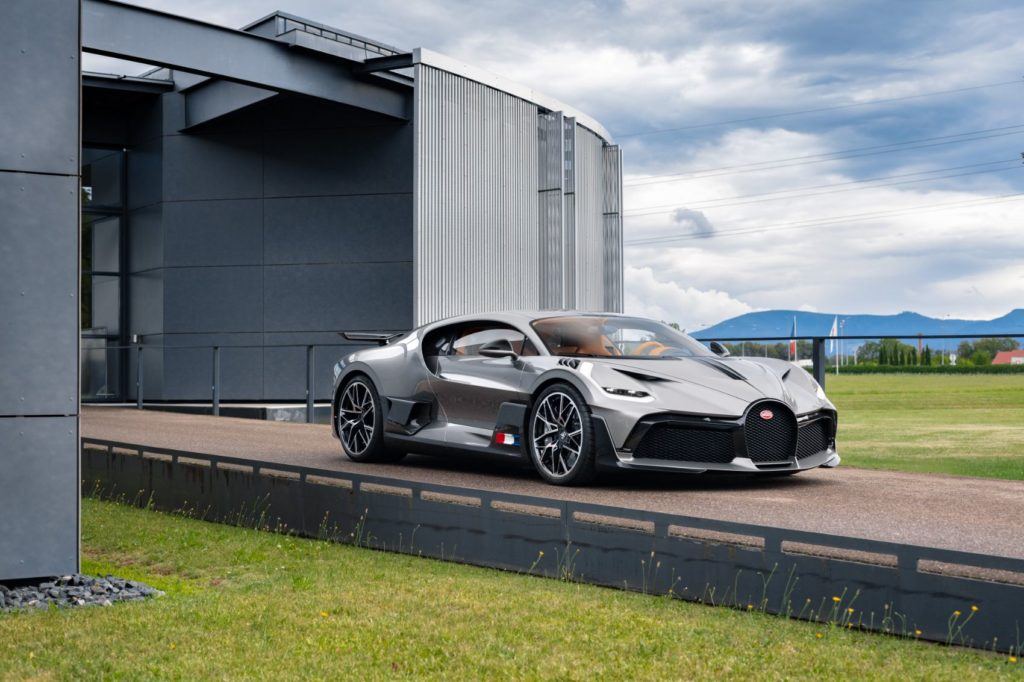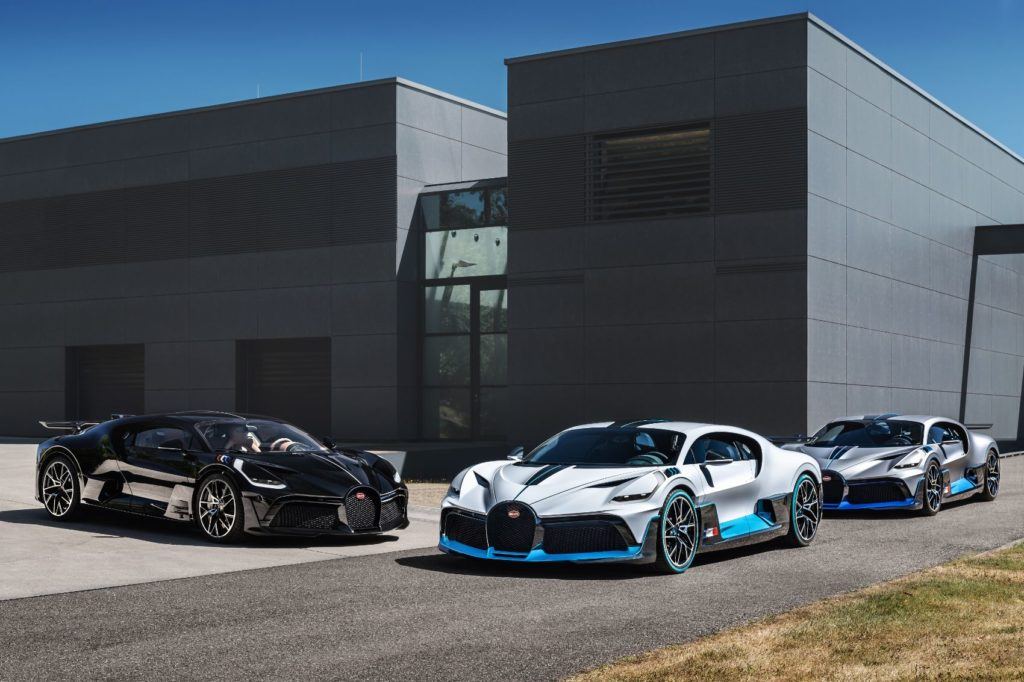The last time I saw something like the Bugatti Divo hypercar, it was about to ear a mouse. Seriously, just how mean can you make a car look? Then again, when the cat in question is powered by an 8.0-liter W16 engine cranking out 1,500 horsepower, it shouldn’t look very cute, now should it.
Bugatti Divo: Modern Coachbuilding
Back when Bugatti was in its first heyday, it was not uncommon for the very rich to simply buy a chassis from the Molsheim based company and have specialized coachbuilders make a body to match their tastes. These coachbuilders tailored different body shapes to the chassis, but they rarely (if ever) modified the technology. Of course, that is much harder to accomplish today, as vehicle bodies are often no longer separate from the chassis. Instead, they are now fully integrated, with higher levels of technology imbedded in both what is traditionally thought of as the chassis and body.
Bugatti designers and engineers had to take this into careful consideration. Over the course of two years, they worked to modify every aspect of the Divo to give it a distinct look. The car had to match the likes of the Veyron and Chiron, yet also stand out.
“The Divo marks a milestone in Bugatti’s history spanning over 110 years,” said Stephan Winkelmann, President of Bugatti. “The Divo starts a new era at Bugatti – the era of modern coachbuilding.”
Since Bugatti started at the outset to limit the Divo’s top speed to 236 mph, this gave the designers much more leeway in terms of what the bodywork could look like. “We had a host of liberties,” explained Bugatti Deputy Design Director Frank Heyl. “As a result, we were able to generate more downforce and turn the Divo into a visually and technically independent model.”

Boomerangs & Distinctive Fins
The new front spoiler design is what creates the additional downforce by directing more air to the front intakes. There are four independent air sources on each side of the vehicle just to cool the brakes. The headlights are compact LED jobs with a narrow opening. Bugatti says the “boomerang daytime driving lights” extend far into the fenders to give the radiator a floating appearance.
If the headlights are cool, the taillights are downright bonkers. The complexly structured 3D rear lights form part of the rear grille, with the assembly produced via 3D printing. The taillights feature a total of 44 distinctive fins that light up to form the rear light. A raised diffuser makes the entire rear of the Divo appear optically flatter. There’s also a big NACA duct living on the central fin on the roof to feed the copious amounts of air the W16 engine needs to generate 1,500 horsepower.
“Blue lines on the tyres are just as striking, making the wheels seem larger and thus more sporty,” Heyl added.

Using VR Technology
The Divo is the first Bugatti created digitally with designers using VR goggles and 1:1 milled hard-foam models to look at the proportions from as far as 130 feet away. This allowed the designers to get a better feeling for the Divo’s shape and overall proportion.
“With the Divo we have created a highly customized masterpiece of automotive craftsmanship that is a must-have for any Bugatti collection,” Winkelmann said.
- Related: How engineers fine-tune the Bugatti Chiron Pur Sport on the track.
Bugatti Divo: Pricing & Availability
First shown to the world in August of 2018, the Bugatti Divo has finally begun delivery to its very well-healed owners. With a production run of only 40 and each car made to exacting specifications, no wonder the Bugatti Divo costs nearly six million dollars.
Tony Borroz has spent his entire life racing antique and sports cars. He is the author of Bricks & Bones: The Endearing Legacy and Nitty-Gritty Phenomenon of The Indy 500, available in paperback or Kindle format. Follow his work on Twitter: @TonyBorroz.
Photos & Source: Bugatti Automobiles S.A.S.
Original article: Bugatti Divo: A Glimpse Into What Modern Coachbuilding Looks Like
from Automoblog https://ift.tt/2FUwk69
No comments:
Post a Comment